
Lessons from the life of Umm Ayman (May Allah Be Pleased with Her)
Known by many names; Mother, Umm Ayman, Barakah, this phenomenal woman was blessed with the experience of being called Ummi by more than just her children, but the Prophet ﷺ himself. Caring for the prophet from his blessed birth to his passing away ﷺ, who knew the task of caring and nurturing the prophet to adulthood would rest on the shoulders of a young Abyssinian girl sold to slavery at an Arab slave market. Stories like these, when revisited are wonderful examples of how impactful one can be regardless of tribal status, class or financial circumstances.
The life and character of Umm Ayman is wrought with wonderful examples of patience, hard work, sacrifice and contentment. Also known as Barakah, she is once described as the rest of [the prophet’s] family for having played such an immense role in the Prophet’s ﷺ life, having stood by him trial after trial, from the death of his mother and grandfather to the discrimination and daily hardships faced by early converts to Islam. Through her, we learn three key lessons that highlight the power, grace, and honour of muslim women in Islam.
Lesson 1: The Honour of Motherhood: Patience
Despite her humble beginnings, the unique status Umm Ayman procured from the Prophet disrupted social class and ethnic distinctions. He continued to refer to her as Ummi (mother) despite the class difference between them, and recognized her efforts in caring for him during his childhood and adulthood the same way a mother would, worrying about his health and safety, so far as to defend him in battle. Umm Ayman did not leave the Prophet’s side until he was a married man, and had to be persuaded by himself and his first wife Khadija (may Allah be pleased with her) to think about starting her own family.
Umm Ayman, also known as Barakah bint Thalabah, was the mother of two martyrs (Ayman and Usama ibn Zaid) and the wife of another (Zaid ibn Haritha). It is said that when she traveled on foot from Mecca to Medina to be with the prophet, her foot swelled from the pain and her body was fatigued from the desert terrain and harsh traveling conditions. When she arrived, the Prophet ﷺ assured her of her place in paradise for her perseverance and patience at such an old age - around 70 years. She bore hardship after hardship gracefully, for she saw the honour in mothering the Prophet ﷺ. Her gratefulness and strong sense of purpose did not allow her to falter during the hardest of times i.e. Meccan persecution, her children’s deaths, and the Prophet’s death etc. May we all find strength as Muslim women through our purpose here on earth and fulfill it to the best of our abilities.
Lesson 2: Honouring your Responsibilities: Promises to be Kept
The lofty station guaranteed for Umm Ayman in Paradise without belonging to a prestigious clan nor inheriting any riches comes from her patience, love and care for those under her. Instructed by her former employer Amina to “be a mother to [Muhammed ﷺ]...and never leave him”, as she lay dying, Barakah did just that and dedicated a large part of her life to watching him grow under the care of his grandfather and then uncle as he grew into adulthood and later on, fatherhood. Her sense of responsibility towards the Prophet ﷺ gave her strength, honour, dignity, raising her in rank above people whose lives were perhaps filled with more worldly prestige. Her deeds and character easily earned her the status of being a woman from the people of paradise.
Lesson 3: Who do you think you Are? Retaining your Value from your Creator
Many women are bombarded today with images and ideas of what is valuable and important, and many are pressured into finding validation in material comforts, and attention from looking and behaving in socially accepted ways. Women and young girls are often left feeling hurt and rejected when their lives do not align with society’s ideals of beauty and success. When we really reflect on the life of Umm Ayman, we realize that she did not complain of fatigue having to walk from Mecca to Madina, unaccompanied by camels to carry her, and/or people to serve her. She did not have the luxury of marrying young, having shouldered the responsibility of caring for the Prophet ﷺ. She did not come from a wealthy family. Umm Ayman was an example of a woman who lived a long and fruitful life, not devoid of tests or trials. However, what distinguishes her from many women both in the past and present, is her strong sense of purpose, and the value and honour she gained from the religion of her Creator. Her life experience teaches young women to value those who value you, and understand that one’s honour cannot be left in the hands of those whom Allah created, but in the Hands of the One who can give it and take it away from anyone at any time.
Say, "O Allah, Owner of Sovereignty, You give sovereignty to whom You will and You take sovereignty away from whom You will. You honor whom You will and You humble whom You will. In Your hand is [all] good. Indeed, You are over all things competent".
-Surah Ali'Imran, ayah 26
And just like that, Allah swt dignified her and raised her in rank so that she may be a lesson for us all, a millenia and a half later, and to the end of time. May Allah swt award us the honour of meeting her one day in Jannah. Ameen
References
“Umm Ayman, Barakah, may Allah be pleased with her”. (2010). Sound Vision. Taken from https://www.soundvision.com/article/umm-ayman-barakah-may-allah-be-pleased-with-her.
Suleiman, Omar. (2019). “Umm Ayman: The Woman Who Never Stopped Caring”. Yaqeen Institute. Taken from https://yaqeeninstitute.org/omar-suleiman/umm-ayman-the-woman-who-never-stopped-caring/
“Barakah bint Thalabah”. (2019). Yaqeen Institute - The Firsts. Taken from shorturl.at/hiB34


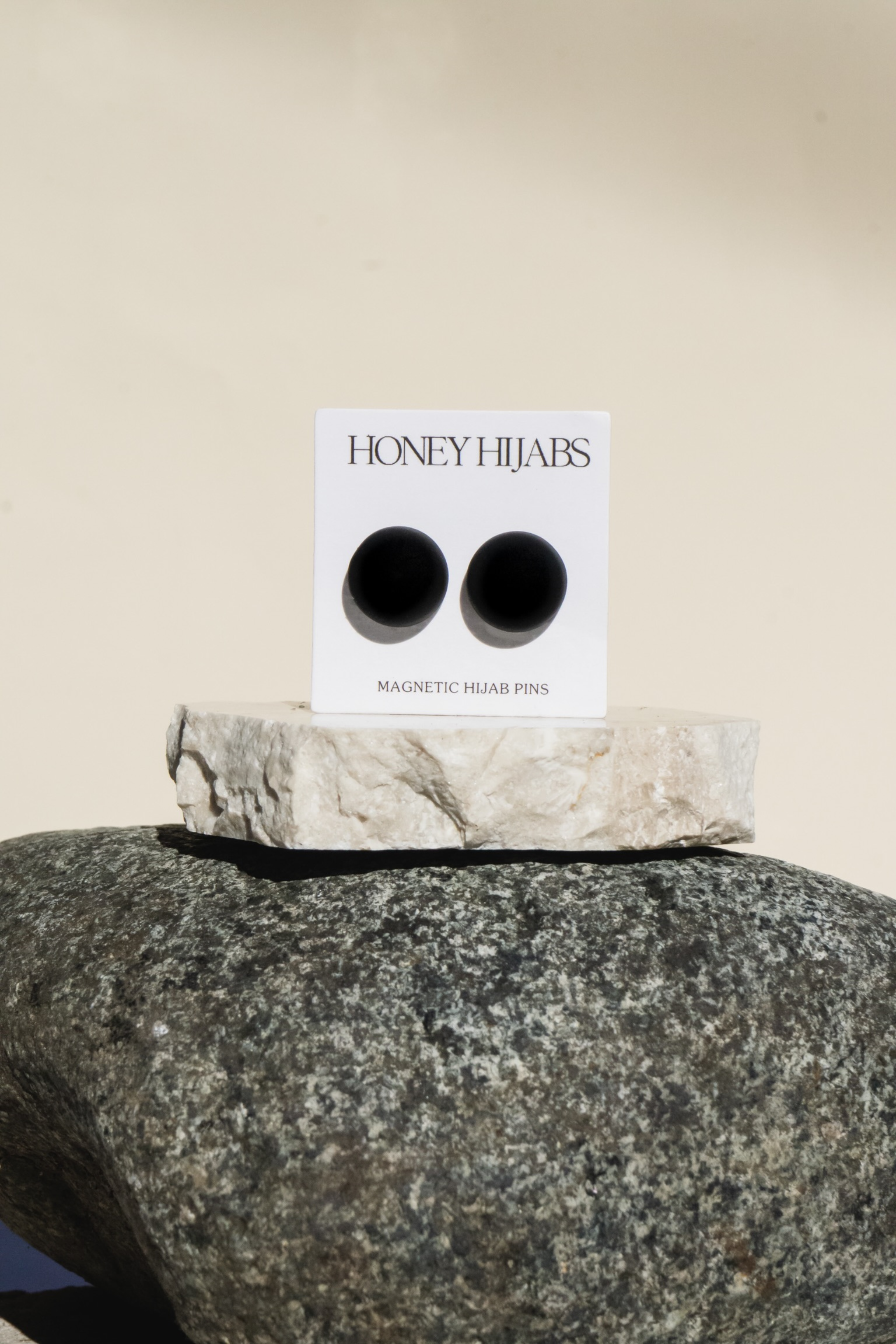
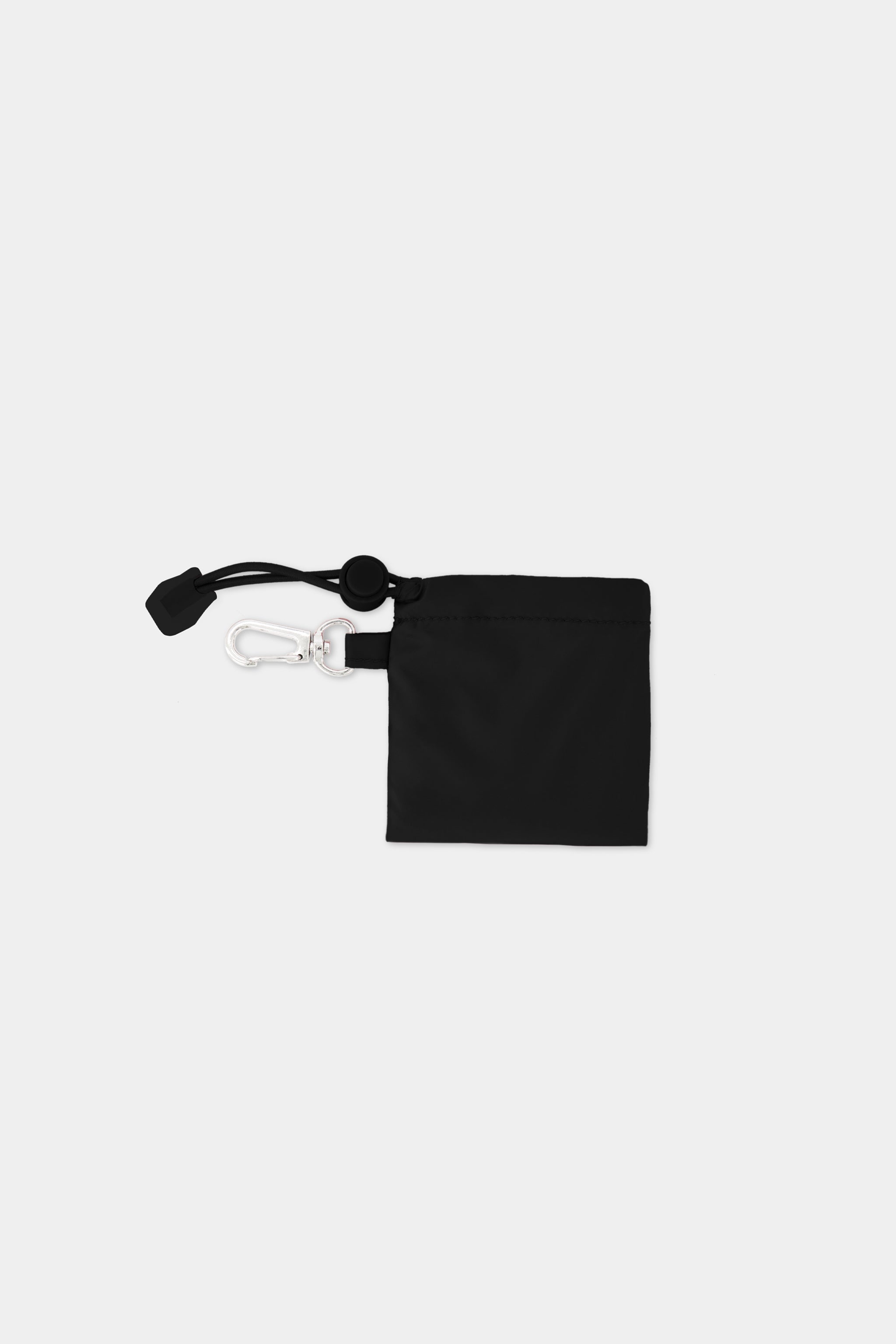
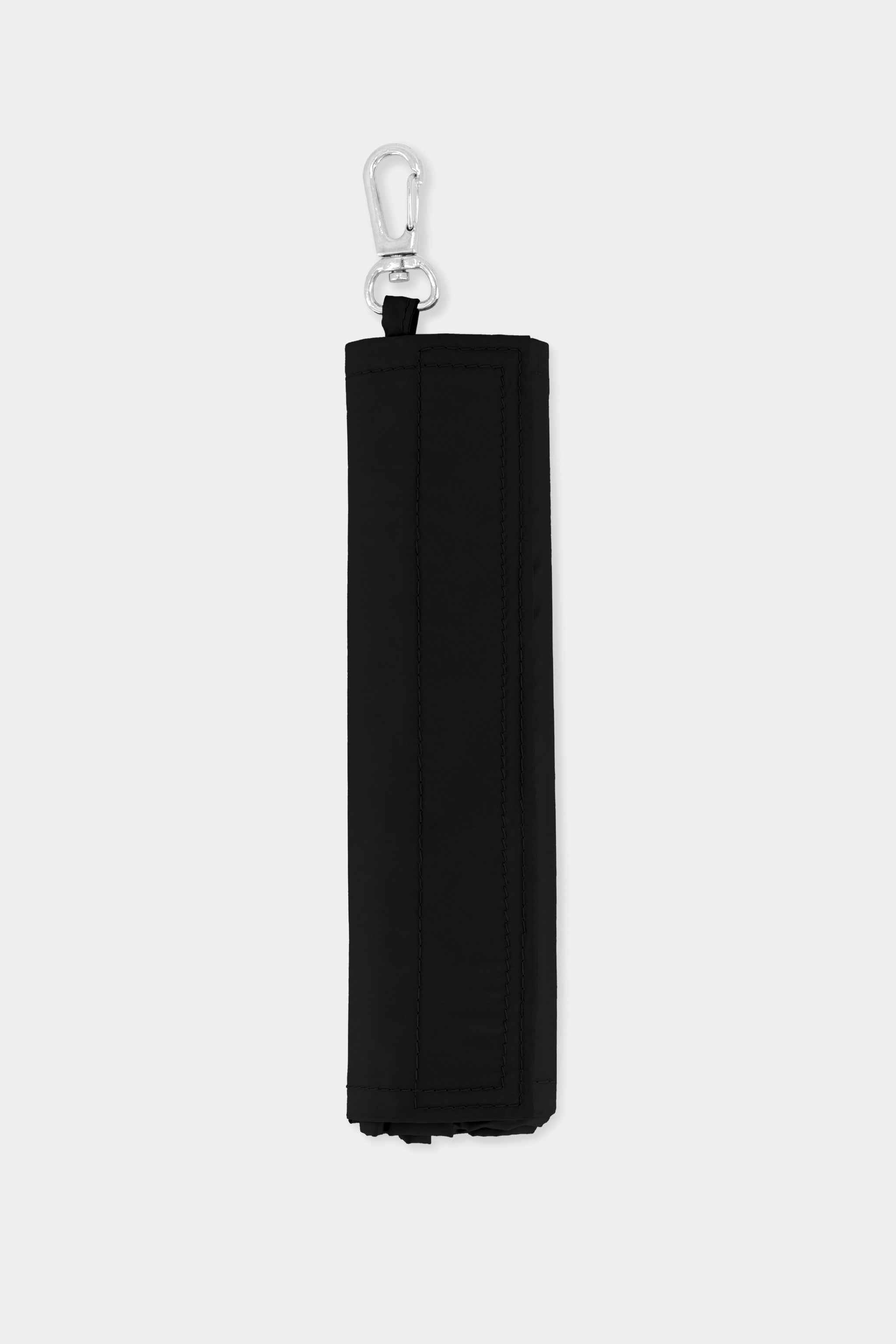

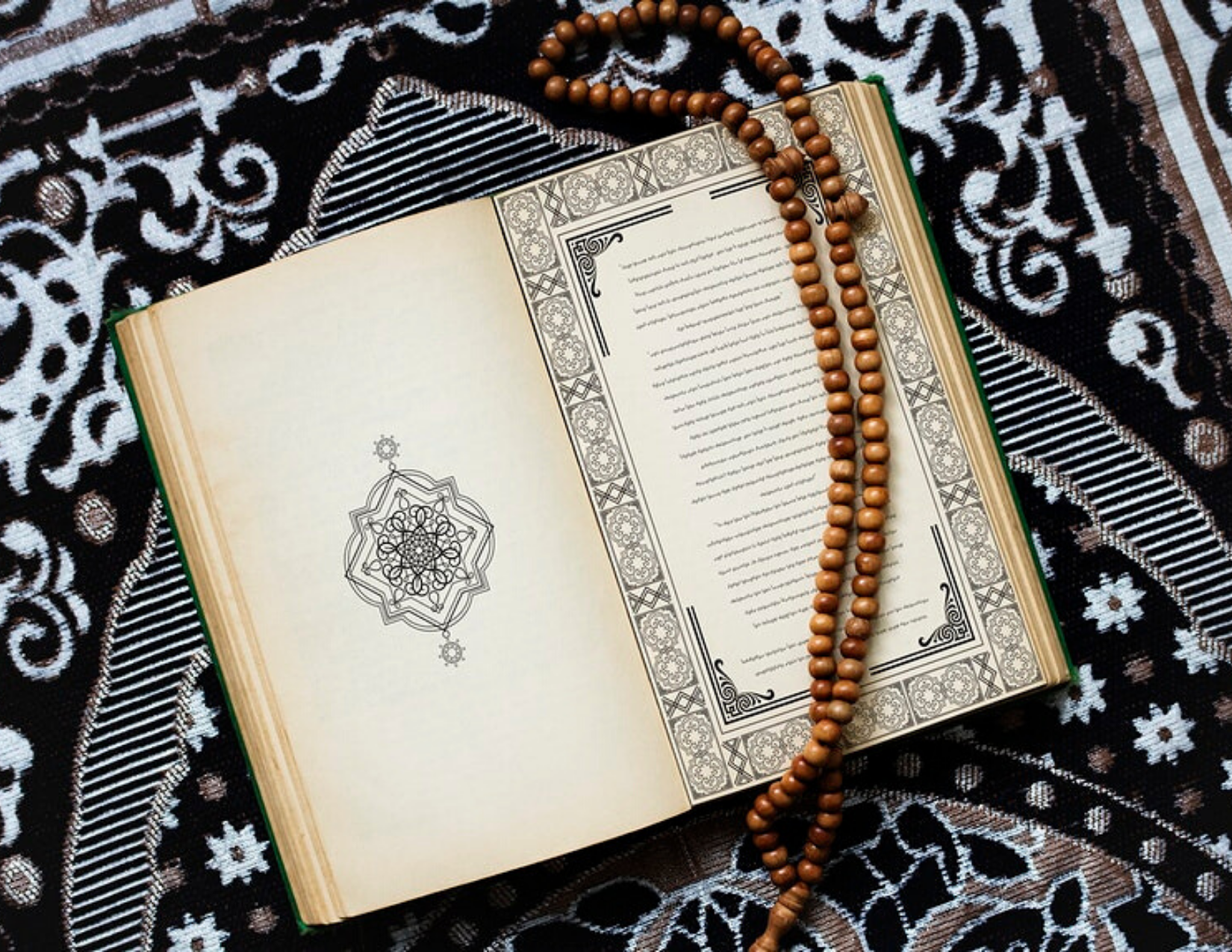
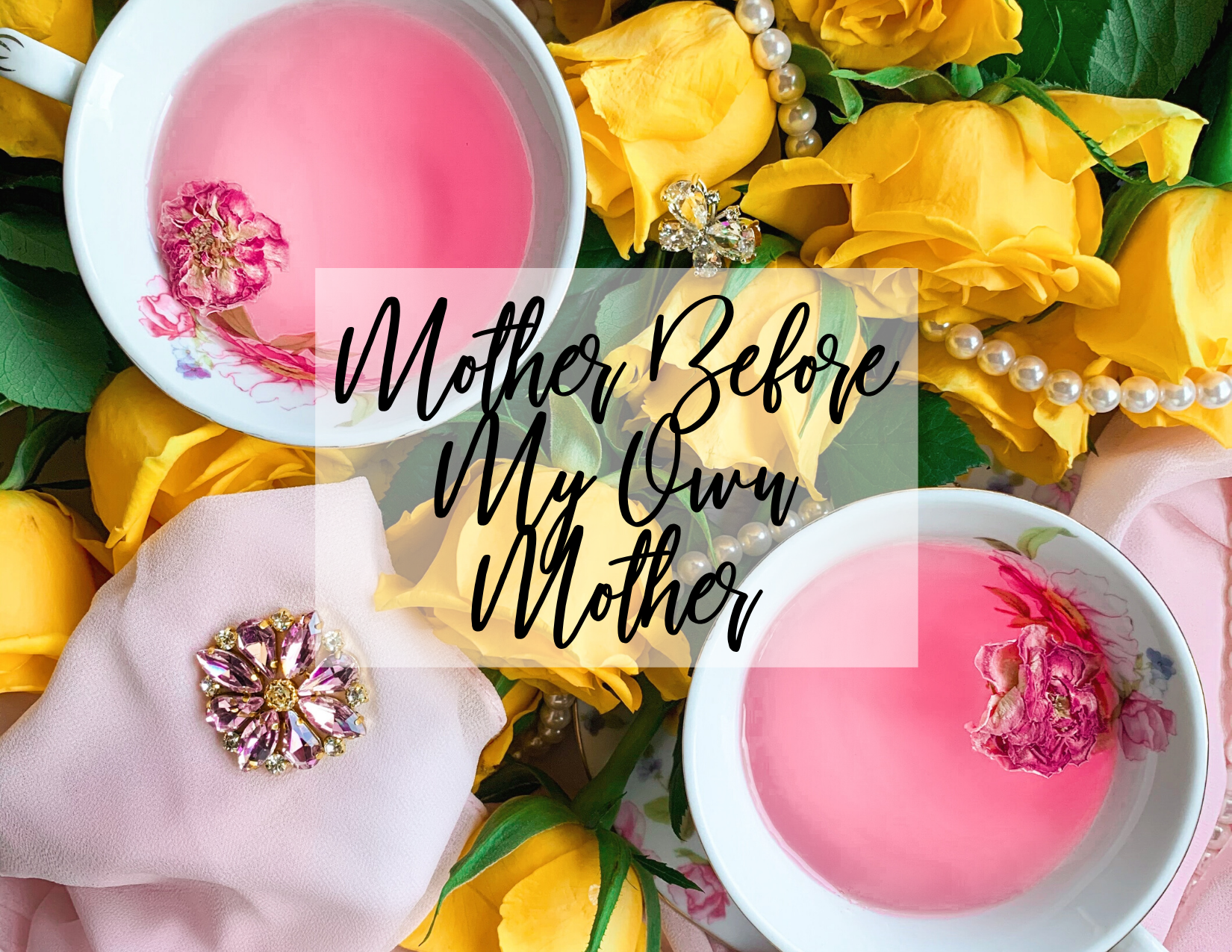
2 comments
SubhanAllah! JazakAllah for sharing!
Farida Nurgat
What a beautiful story! Mashallah, thank you for sharing
Hajra
Leave a comment
This site is protected by hCaptcha and the hCaptcha Privacy Policy and Terms of Service apply.